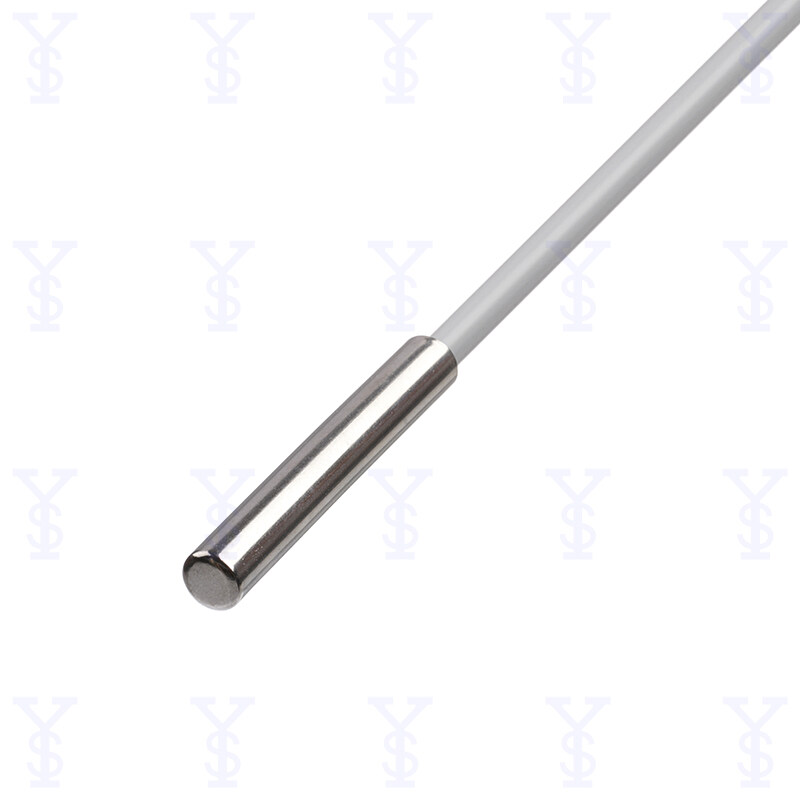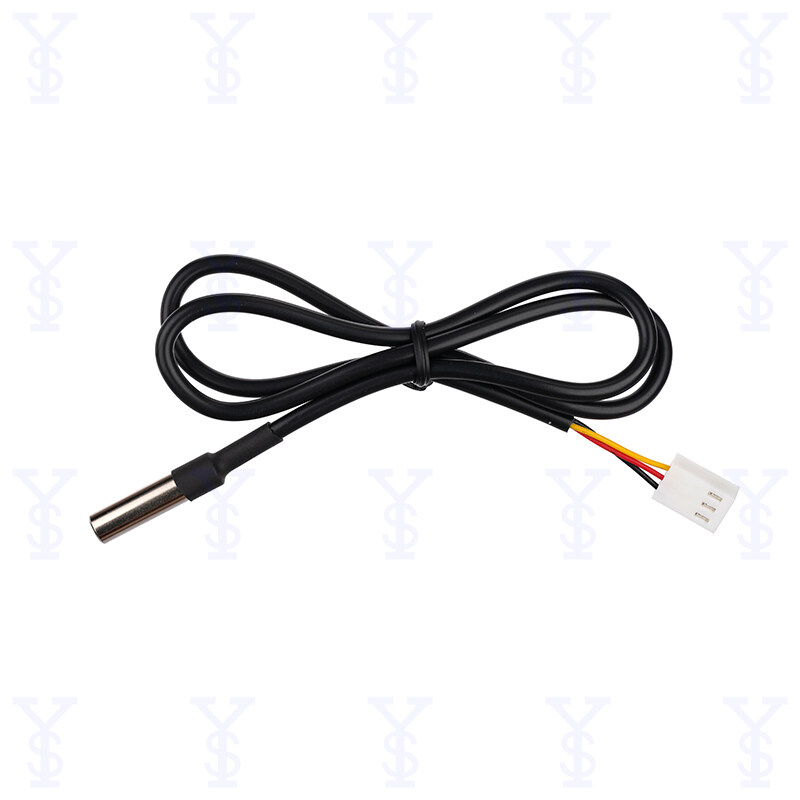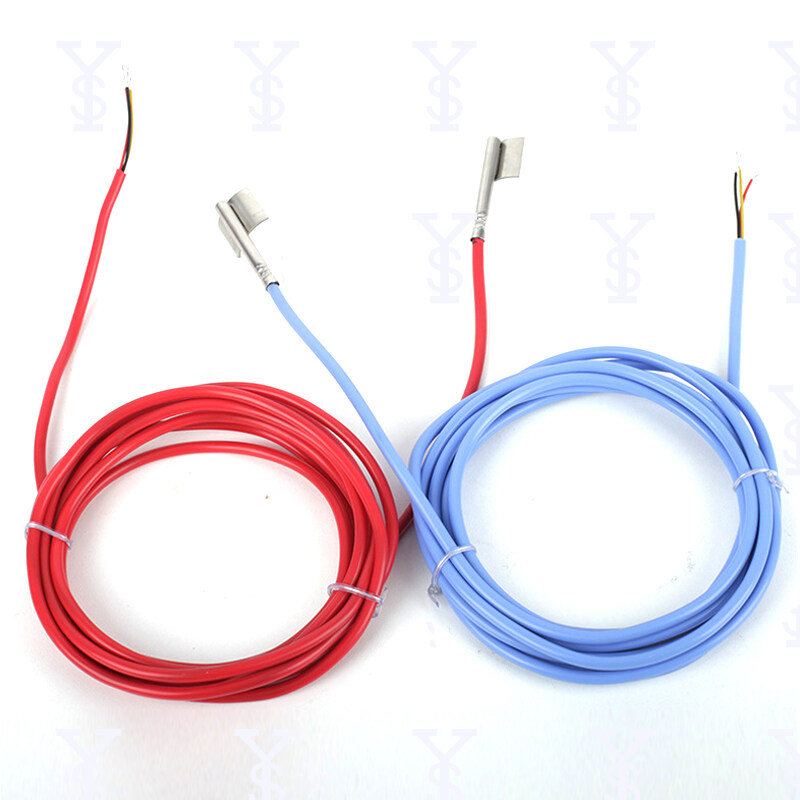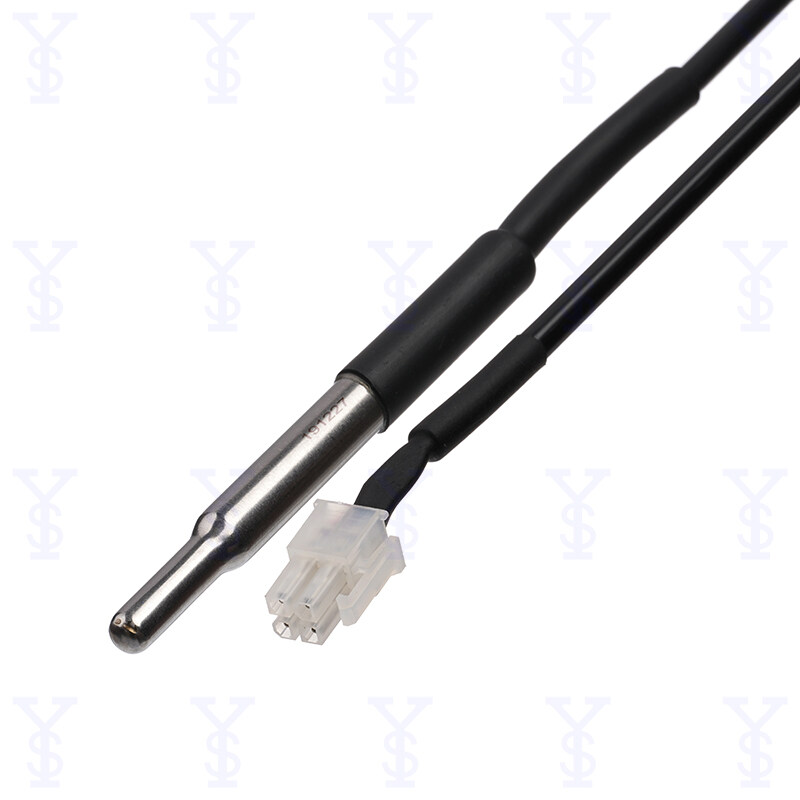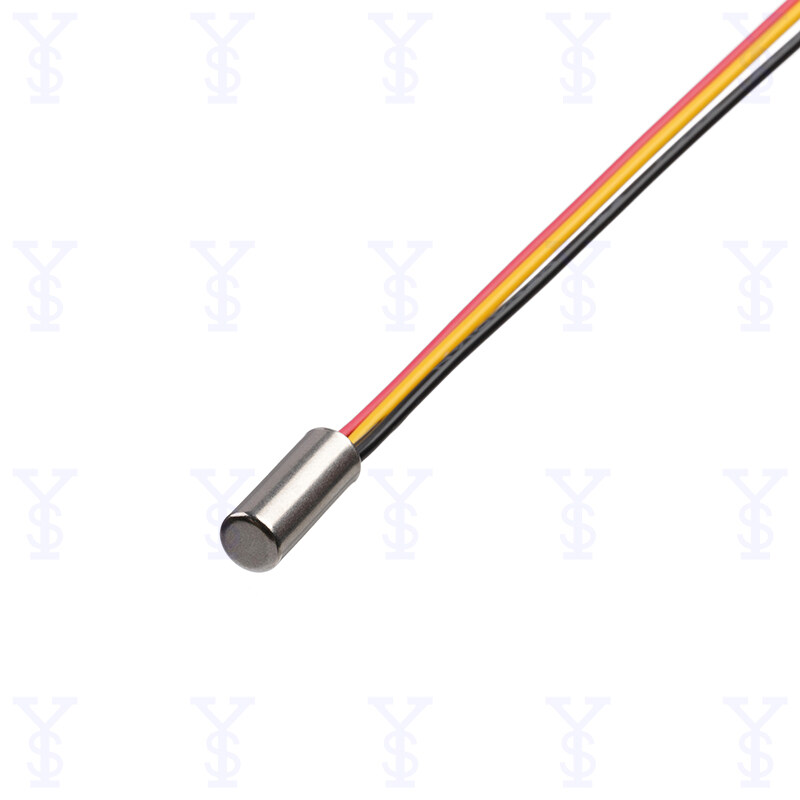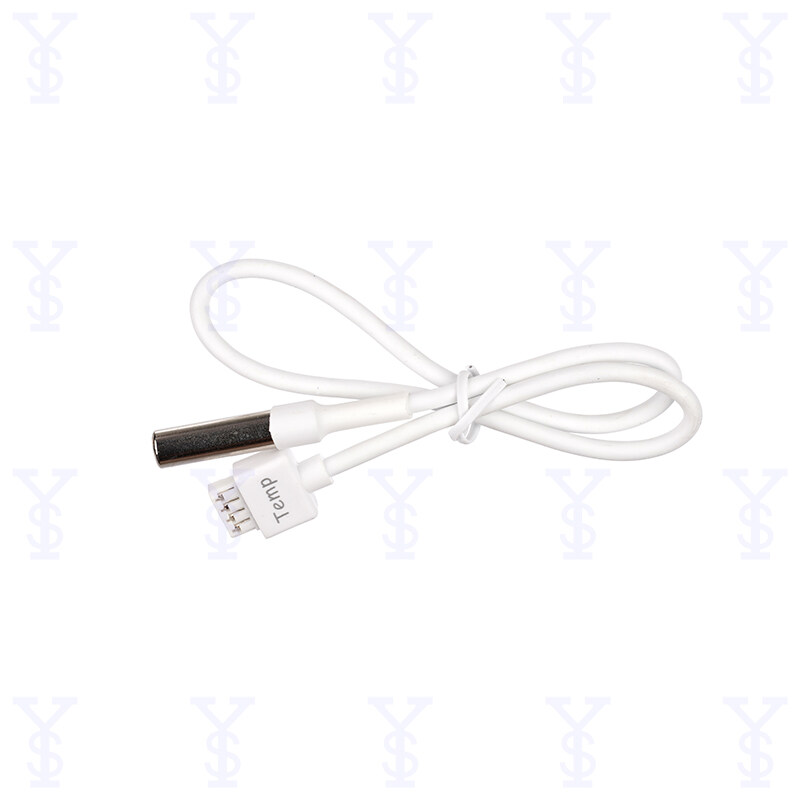รูปแบบอีเมลผิดพลาด
emailCannotEmpty
emailDoesExist
pwdLetterLimtTip
inconsistentPwd
pwdLetterLimtTip
inconsistentPwd

DS18B20 Digital Temperature Sensor
DS18B20 Digital Temperature Sensor
(7)DS18B20 Temperature Sensor for Medical Ventilator
The DS18B20 does not require an external power source to function. The device is powered when the data line DQ is high. The internal capacitor (Spp) charges when the bus is pulled high, and the capacitor powers the device when the bus is pulled low. "Parasitic power" is the term used to describe this method of 1-Wire bus device powering.
Greenhouse Temperature Sensor
The temperature readings from the DS18B20 temperature sensor are 9-bit (binary), suggesting that the device's temperature data is either sent to the DS18B20 temperature sensor via the single-line interface or that it is sent out from the DS18B20 temperature sensor. As a result, just one line (plus ground) is required to connect the host CPU to the DS18B20 temperature sensor, and the data line itself can act as the sensor's power source in place of an external power source.
DS18B20 waterproof temperature sensor
The DS18B20 output signal is stable and does not attenuate over long transmission distances. It is suitable for long-distance multi-point temperature detection. The measurement results are transmitted serially in the form of 9-12-bit digital quantities. It has the characteristics of stable performance, long service life, and strong anti-interference ability.
Digital Temperature Sensor For Cold -Chain System Granary And Wine Cellar
The DS18B20 is a popular digital temperature sensor with the features of small size, minimal hardware overhead, strong anti-interference capabilities, and high precision. It outputs digital signals. The DS18B20 digital temperature sensor is simple to wire and is packaged in a variety of ways, including pipeline, screw, magnet adsorption, stainless steel, and numerous model options.
Digital Temperature Sensor For Boiler, Clean Room And Machine Room
The DS18B20 output signal is stable and does not attenuate over long transmission distances. It is suitable for long-distance multi-point temperature detection. The measurement results are transmitted serially in the form of 9-12-bit digital quantities. It has the characteristics of stable performance, long service life, and strong anti-interference ability.
Logistics cold chain Temperature Control
The DS18B20 temperature sensor uses a DS18B20 chip, has a working temperature range of -55°C to +105°C, a temperature accuracy of -10°C to +80°C, and an error of 0.5°C; it is made of three-core sheathed wire conductor and is packaged using epoxy resin perfusion.
1-Wire Bus Protocol Temperature Sensor For Robot Industrial
The 1-Wire bus protocol, which is utilized by the DS18B20, only needs one control signal for communication. To avoid the bus port being in a 3-state or high-impedance condition, the control signal line needs a wake-up pull-up resistor (the DQ signal line is on the DS18B20). The microcontroller (master device) in this bus system recognizes the bus's devices by their 64-bit serial numbers. A bus may potentially support a limitless number of devices because each one has a distinct serial number.


